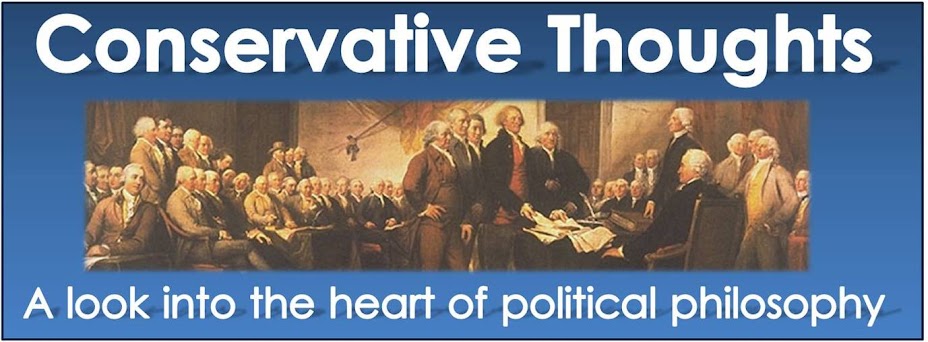
Somewhere along the way, Americans are going to realize how foolish they were to believe that President-elect Obama would be any different than any other mainstream Chicago-style politician. He still has a couple months left before becoming our president, and yet his newly forming cabinet already tells a tale of Washington insiders, Clinton junkies, and partisan leftists. If this is any indication (which surely it is) of Obama's administration, we can expect anything but hope and change. If you don't believe me, I suggest you learn a little more about Obama's new cabinet.
Rahm Emanuel (Chief of Staff):
-After helping Democrats win congress in 2006, he is quoted telling his colleagues that republicans can go "f*** themselves."
-His favorite expression for republicans is "knuckef***s."
-In the 1980s he sent a dead, rotting fish to pollster whom he quarreled with.
-He sat on the board of Fredddie Mac and pocketed over $200,000 in fees after he and his board encouraged risky, sub prime mortgages, and then subsequently blamed republicans for Freddie's collapse.
-As an investment banker in Chicago, Rahm made over $18 million by working on merger deals that caused thousands of layoffs.
Read more here.Eric Holder (presumptive Attorney General):
-Known for his extreme anti-gun positions, supporting hand-gun bans and believing that the 2nd amendment does not protect an individual's right to own a gun.
-Under the Clinton administration, he supported the controversial presidential pardon of fugitive Marc Rich which was decried by republicans and democrats alike (Marc just happened to be a Clinton campaign contributor).
-"The Attorney General is the one Cabinet member who's different from all the rest. The Attorney General serves first the people, but also serves the president. There has to be a closeness at the same time there needs to be distance." (What about the oath to protect and defend the constitution?)
Read more here.Janet Napolitano (presumptive Secretary of Homeland Security):
-Represented Anita Hill in controversial sexual harassment case in an attempt to derail Supreme Court Justice Clarence Thomas. Later, she was unable to confirm certain details and facts when two testimonies presented did not corroborate and Janet was accused of stonewalling.
-Defended a legislator, Alan Stephens, who illegaly accepted bribes and later appointed him as co-chief of staff.
-Big supporter of more bailouts and federal stimulus packages aka as big a federal government as possible.
Read more here.Tom Daschle (presumptive Secretary of Health and Human Services):
-“As majority leader, Daschle was a notorious opponent of every pro-life measure,” the Family Research Council said. “He blocked the partial-birth abortion ban, voted for taxpayer-funded military abortions, and supported a measure that would have forced Americans to pay for the distribution of the morning-after pill to young school girls.”
-Has no direct experience or qualification in the health care industry.
-His appointment will cause a direct conflict of interest, one that Obama promised to avoid, by Daschle currently working for a firm that will be effected by his future jurisdiction.
Read more here.And here.And then, of course, there is Hillary Clinton as the presumptive Secretary of State. Need I say more?
Come on Obama, I mean... really?? I can't say that I am surprised at all these appointments, but I certainly am disappointed.
What do you think?
 I find it interesting that of all the reasons our founding fathers had to defend their dissension from the motherland, they started with the most basic of all rights: the right to live. It seems almost odd, considering that before the rebellion their lives weren't really at jeopardy. I think, perhaps, for the first time in a very long time our founding fathers came to the knowledge that there is something uniquely special simply about being alive, and that life itself qualifies one for certain, unalienable rights.
I find it interesting that of all the reasons our founding fathers had to defend their dissension from the motherland, they started with the most basic of all rights: the right to live. It seems almost odd, considering that before the rebellion their lives weren't really at jeopardy. I think, perhaps, for the first time in a very long time our founding fathers came to the knowledge that there is something uniquely special simply about being alive, and that life itself qualifies one for certain, unalienable rights.











